In a fast-paced world, businesses are using technology to streamline processes, cut costs, and increase productivity. One of the most outstanding developments in this field is industrial automation. These controls and parts allow businesses to perform complicated tasks accurately. They help reach higher levels of profit maximization. This blog will examine the crucial role of industrial automation controls. The exploration will focus on their key components. We will discuss how automation solutions can alter industries.
Industrial automation controls provide systems that are capable of overseeing machines, equipment, and processes with barely any human intervention. These systems include various technological tools. They include sensors and actuators. They also use programmable logic controllers (PLCs). Additionally, they feature human-machine interfaces (HMIs). These tools carry out precise tasks with accuracy.
Understanding the various elements of industrial automation controls allows one to understand the power and possibilities of those systems. Each component has its own unique function in automating tasks and improving the manufacturing process.
PLCs are the brains behind industrial automation systems. They are sturdy, versatile, and able to run complex tasks in real-time. PLCs take inputs from sensors or human operators. They process the data using pre-programmed logic. Then, they send commands to actuators. These commands perform tasks such as starting machines. They can also stop machines.
The interfaces between humans and machines are key for operators. They enable easy monitoring of automated systems. HMI software outputs data through dynamic images. Operators can monitor production data using this software. They can also control parameters effectively. Additionally, they can take necessary actions when required. These interfaces serve as a bridge between human beings and machines, ensuring an intuitive and straightforward operation.
Sensors collect essential information from the physical environment. They measure temperature, pressure, flow, and proximity. This information goes to automation control systems. The systems process the data and provide commands. They send these commands to actuators. Actuators turn the commands into physical action. For example, they move robotic arms, adjust valves, or activate motors.
This brings logic to the real world. Industrial automation systems without these elements lack feedback loops. They cannot achieve high precision and control.
SCADA systems enable centralized control of industrial processes across many locations. These tools monitor and control real-time data. They allow operators and decision-makers to view field activities. Integrating SCADA with other control systems boosts efficiency. This integration also enhances the reliability of manufacturing processes.
The deployment of these technologies enables industrial automation controls. They have changed how companies operate. This is especially true in the manufacturing sector. The most profound benefit of automation solutions is error reduction. They also optimize resource utilization and ensure production consistency. Automated systems can detect and correct production line errors. They do this without human intervention. This reduces production delays and increases output.
Analysts expect the Industrial Automation Market to increase revenue by USD 107.1 billion. The CAGR will reach 9.45% from 2023 to 2028. Several factors determine market growth. These factors include gradual changes in the market. They also include the need to simplify complex manufacturing processes. Additionally, growth centers around Smart Factory initiatives.
Industrial automation systems are flexible and customizable devices suitable for diverse fields. Here is the list of specific cases describing industrial automation and control systems in different domains:
Automation controls provide a path to better models of making goods, such as assembly, packaging, and even quality control. Programmable logic controllers (PLCs), sensors, and robotics enable manufacturers to achieve high precision and uniformity that is paramount to mass production. Flexibility in automation is an important advantage. It allows for various manufacturing setups. Production lines can change over with little downtime.
Automation controls are low-key. Significant advancements energize the energy sector. No pain, no gain in power generation. This applies to transmission and distribution as well. Supervisory control and data acquisition (SCADA) systems, having the capability to monitor them remotely, instantly increase grid reliability whilst reducing the blackout risk. Automation enables the coupling of renewables to the grid. This includes solar and wind energy. It allows optimal energy sharing. Automation also balances the loads effectively.
The automotive industry depends on automation solutions. These solutions assemble vehicles and paint them. They also test safety features. Sophisticated robotics and control systems guarantee that all vehicle components comply with strict quality standards. Automation in this sector decreases production costs. It speeds up the assembly process. Automation improves overall efficiency.
The future of industrial control systems looks promising, with advancements in technologies driving innovations. These technologies allow industrial automation systems to become more intelligent and responsive, leading to further improvements in efficiency and productivity. One main direction is the rise of predictive maintenance. Automation and control systems analyze data in real-time.
They forecast equipment failures before they occur. This proactive approach not only minimizes downtime and maintenance costs but also helps companies run their businesses uninterrupted. Another wireless automation control trend is the adoption of them in the industry. The cost of wired control systems is high.
They are not easy to maintain. This is especially true in large industrial areas. Wireless systems offer flexibility and scalability. They make it convenient to integrate devices. These systems also support technologies as industries grow.
Automation industrial controls help increase productivity. They also pave the way for innovation and efficiency. These controls support long-term growth for businesses. Modern automation solutions boost industry productivity. They reduced expenses and prepared for the future. Companies investing in automation controls lead to industrial efficiency.
The parts and solutions available today offer unparalleled flexibility, precision, and scalability, ensuring that industries can meet the challenges of tomorrow with confidence. Industries that prioritize industrial automation will be well-equipped. They can navigate the complexities of modern production. This approach helps achieve sustained success.
eINDUSTRIFY’s control parts and solutions are the best choice for industrial automation. They ensure your business receives first-class technology. This technology maximizes efficiency and performance. Our broad range of top-quality components offers expert assistance. We provide customized solutions for your needs. We are a reliable partner for innovation and productivity. Our support helps you navigate the changing industrial landscape.
We allow businesses to be dynamic and secure a competitive edge by improving operational reliability and minimizing downtime. Choose eINDUSTRIFY for industrial automation control parts and solutions.
Reach us by emailing us at info@eindustrify.com. You can also call us at +1 (888) 774 7632. Register for access to a premium global marketplace.
Tags: Industrial Automation Controls Increase Productivity Automation Solutions Control Systems Industrial Control Industrial Automation Manufacturing Process Automation and Control
RECENT POSTS:
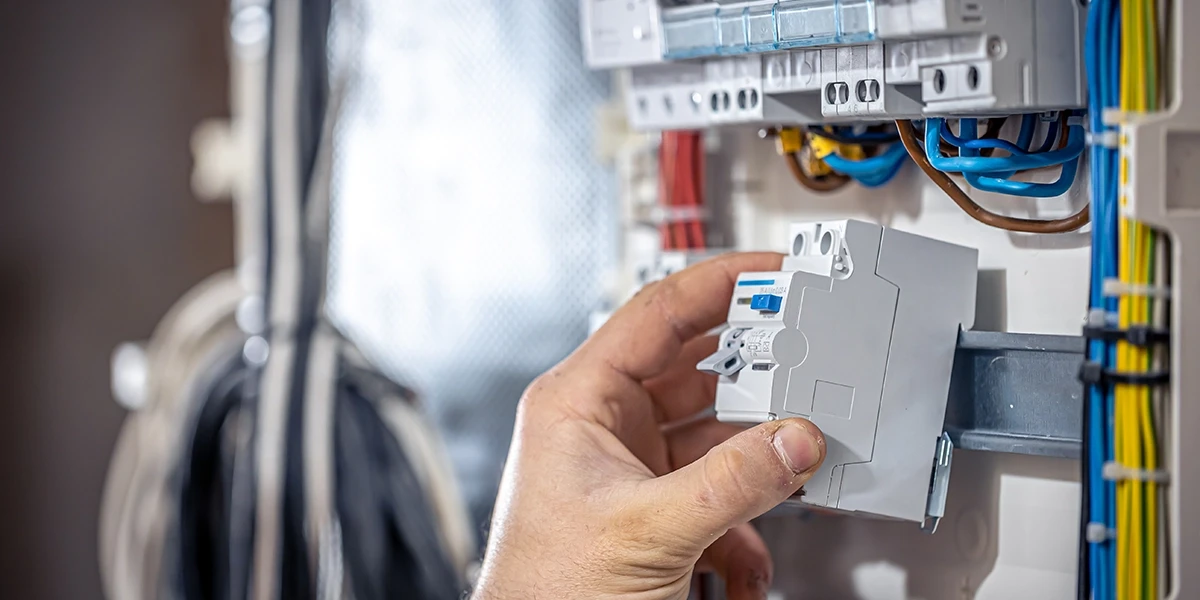
How Industrial Circuit Breakers Are Critical for Power Generation Safety
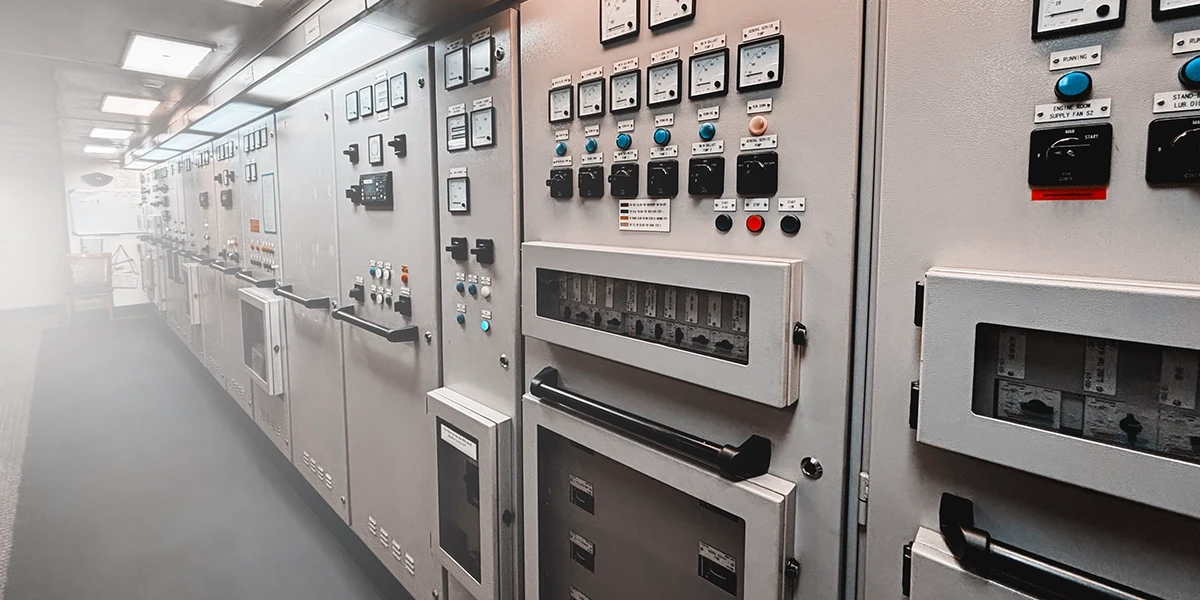
Essential Power Distribution Panels for Optimizing Your Industrial Setup
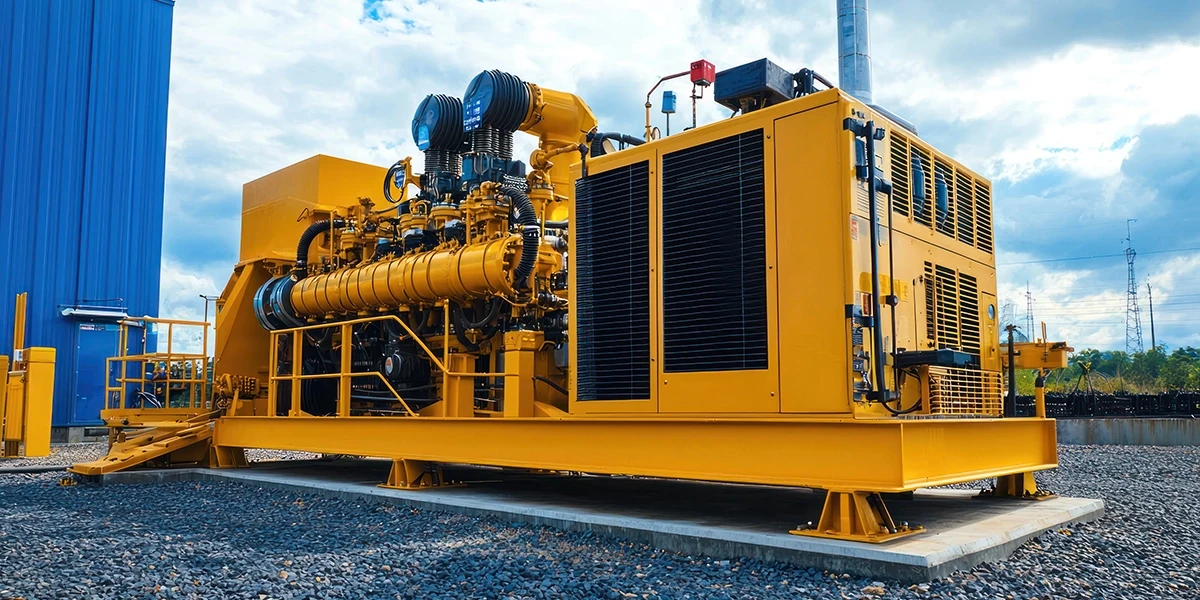
Top 5 Generator Protection Devices for Reliable Power Generation
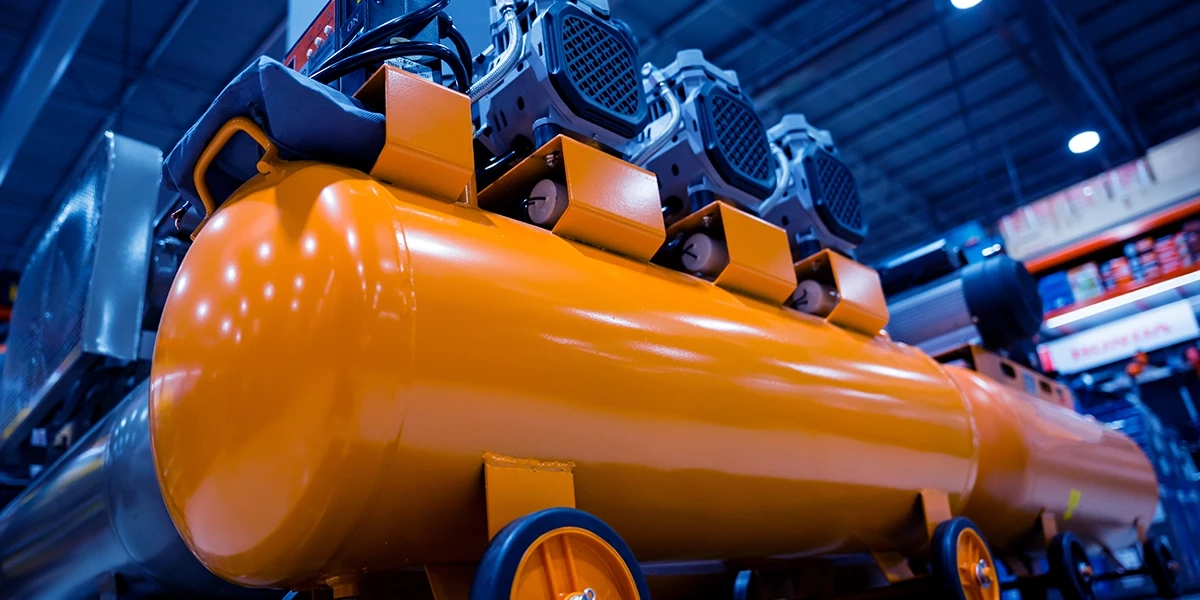
How to Choose the Right Industrial Air Compressor for Your Facility
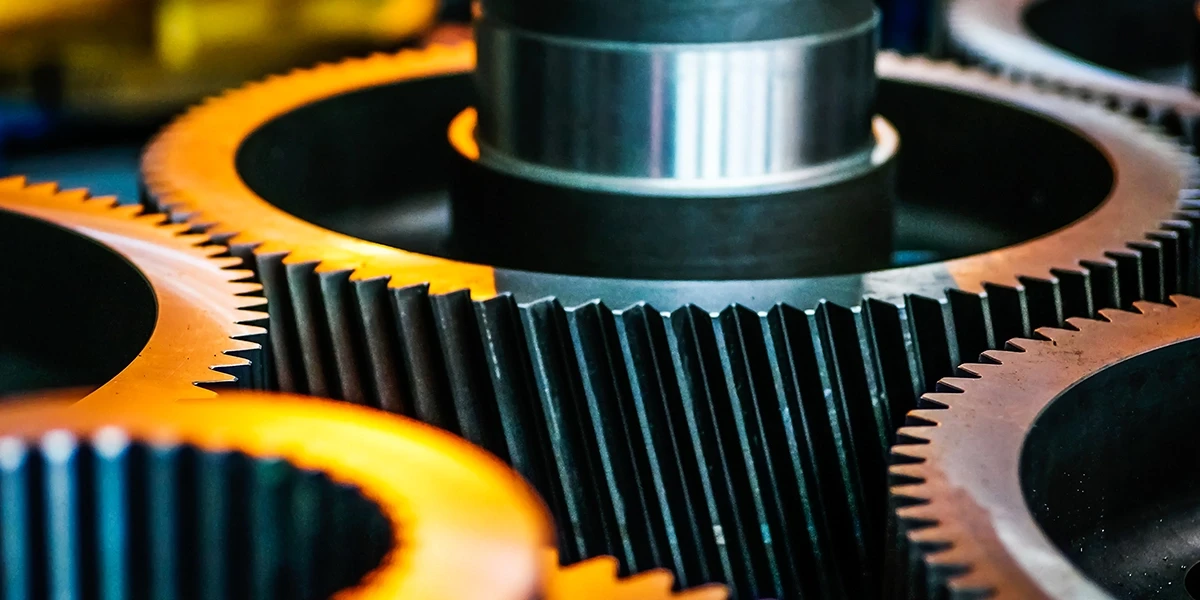
Choosing the Right Global Power Transmission Equipment
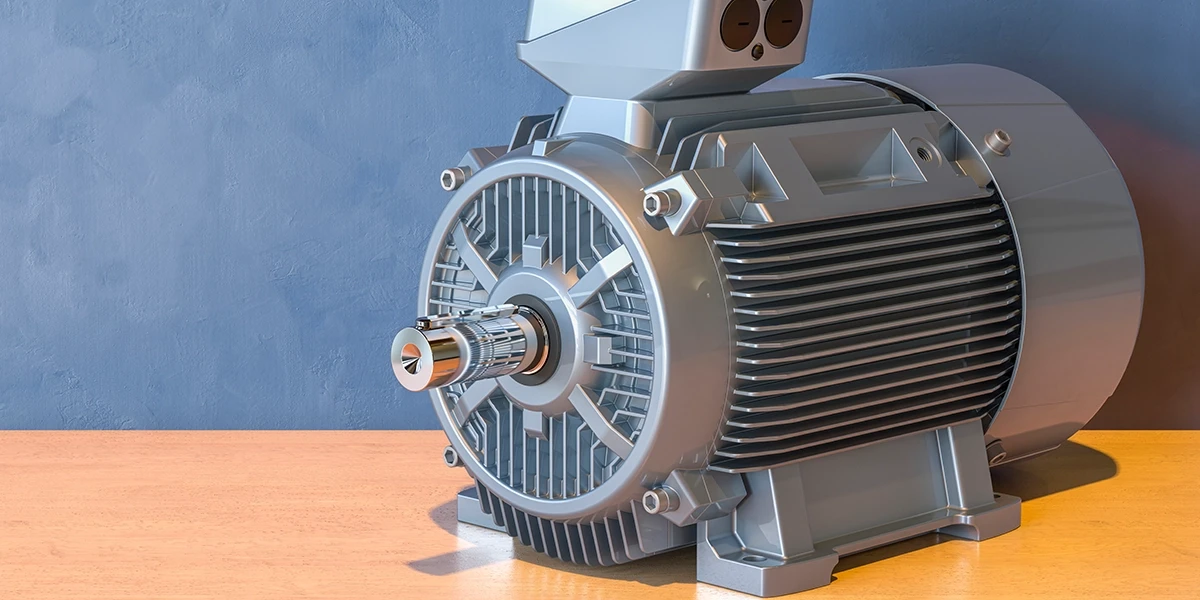
Top DC Motors for Industrial Automation
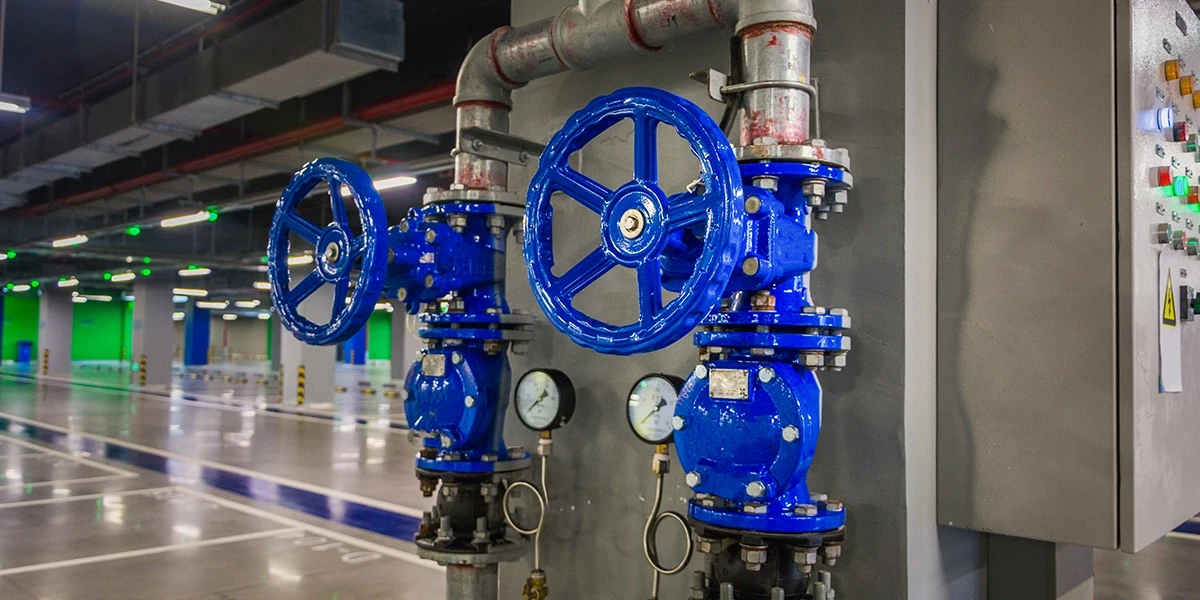
How to Select the Right Control Valves for Your System
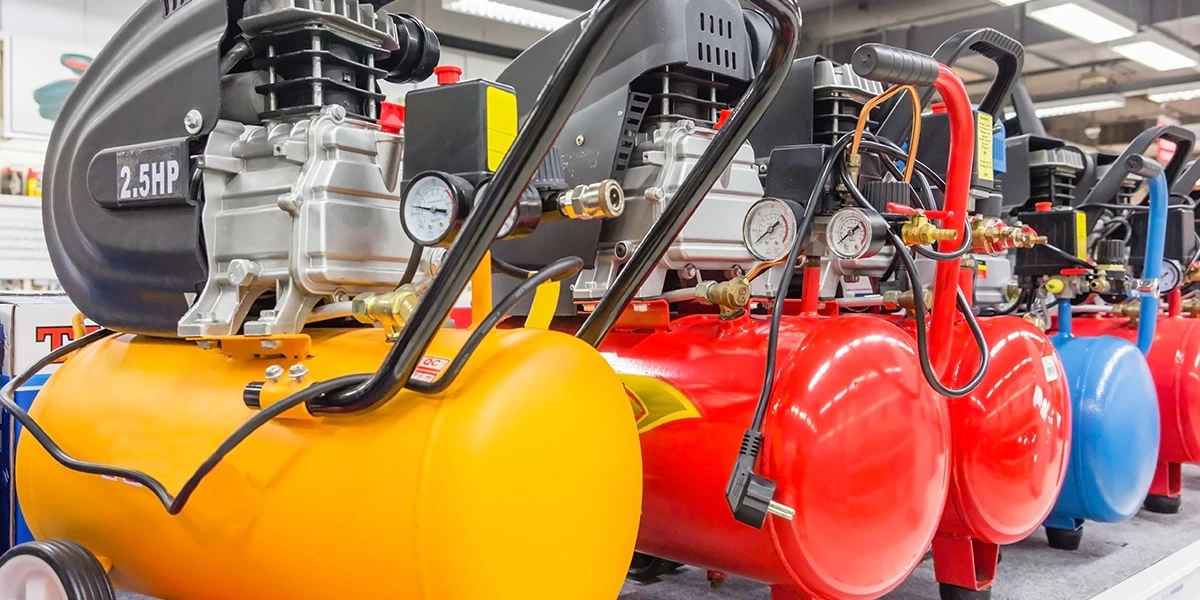
Air Compressors for Sale: Compare Models, Brands, Features